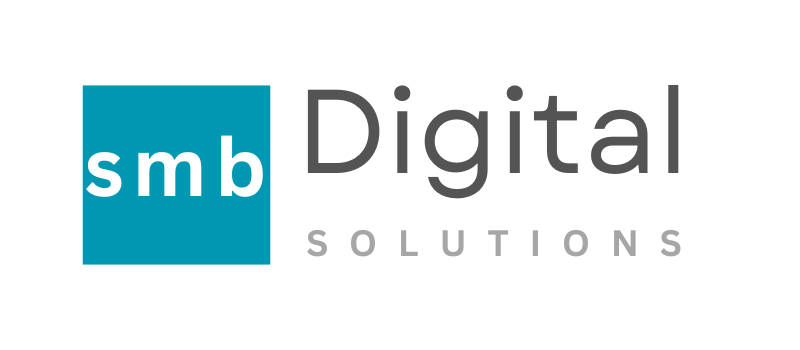Arrange your FREE consultation to discuss how digital marketing can help drive your business forward, supported with our all-in-one software, watch your business grow!
Digital Marketing for Small Businesses
SMB Digital Solutions provides digital marketing services included in all Premium Packages, which include:
- Search Engine Optimisation (SEO): Optimising websites to rank higher in search engine results, making it easier for customers to find businesses online.
- Social Media Marketing: Using platforms like Facebook, Instagram, Twitter, and LinkedIn to connect with and engage audiences, build brand awareness, and drive sales.
- Email Marketing: Sending targeted emails to customers to nurture leads, promote products, or maintain relationships.
- Pay-Per-Click (PPC) Advertising: Running ads on platforms like Google Ads or social media, where businesses pay for each click their ad receives.
Digital marketing refers to the use of digital channels, platforms, and technologies to promote products, services, or brands to a targeted audience.
Digital marketing is dynamic and data-driven, allowing businesses to adapt strategies quickly, measure performance, and reach specific audiences effectively.
Why Small Businesses Should Use Digital Marketing to Grow Their Business
Affordability:
Digital marketing is often more cost-effective than traditional marketing, making it accessible to small businesses with limited budgets. Even with small investments, digital marketing can provide a high return on investment (ROI) because of its precision targeting and measurability.
Wide Reach and Accessibility:
- Digital marketing breaks down geographical barriers, allowing small businesses to reach customers not just locally, but globally.
- It provides a 24/7 online presence, giving businesses the opportunity to engage with customers anytime and anywhere.
Targeted Marketing:
- Small businesses can precisely target their ideal customers based on demographics, interests, behaviour, and location.
- By using tools like Facebook Ads, Google Ads, and SEO, small businesses can tailor their marketing efforts to reach the people most likely to convert into customers.
Customer Engagement:
- Digital marketing enables direct communication between businesses and customers, fostering relationships and building brand loyalty.
- Engaging with customers on social media or through email helps businesses understand customer needs, gather feedback, and improve their products or services.
Measurable Results:
- Digital marketing offers real-time analytics and performance tracking, allowing small businesses to monitor their campaigns, understand what works, and optimise their strategies.
- Tools like Google Analytics, social media insights, and email marketing metrics provide detailed data on customer behaviour, enabling data-driven decisions.
Brand Building:
- Consistent online presence through digital channels helps small businesses build brand awareness and credibility in their industry.
- Content marketing, social media engagement, and positive customer reviews contribute to a strong online reputation, which can attract more customers.
Flexibility and Adaptability:
- Digital marketing allows for quick adjustments based on performance. If a campaign isn’t delivering the expected results, businesses can pivot strategies without wasting resources.
- Small businesses can experiment with different approaches (e.g., different ad creatives, target audiences, or platforms) to find the most effective methods for growth.
Levelling the Playing Field:
- Digital marketing allows small businesses to compete with larger companies on more equal footing. A well-crafted online strategy can attract attention and drive results, even for businesses with limited resources.
- With the right digital marketing approach, a small business can create a strong brand presence that rivals larger competitors.
Customer Convenience:
- Many consumers prefer to shop, book services, or research products online. By offering digital options, small businesses can meet customers where they are, providing a convenient and seamless experience.
- Features like online stores, booking systems, and chatbots enhance customer satisfaction and drive sales.
Adapting to Consumer Behaviour:
- More consumers are turning to online platforms for product research, reviews, and purchases.
- By embracing digital marketing, small businesses can align themselves with current consumer behaviour and trends.
As online shopping and mobile usage continue to grow, having a strong digital presence is essential for any business looking to stay competitive.
